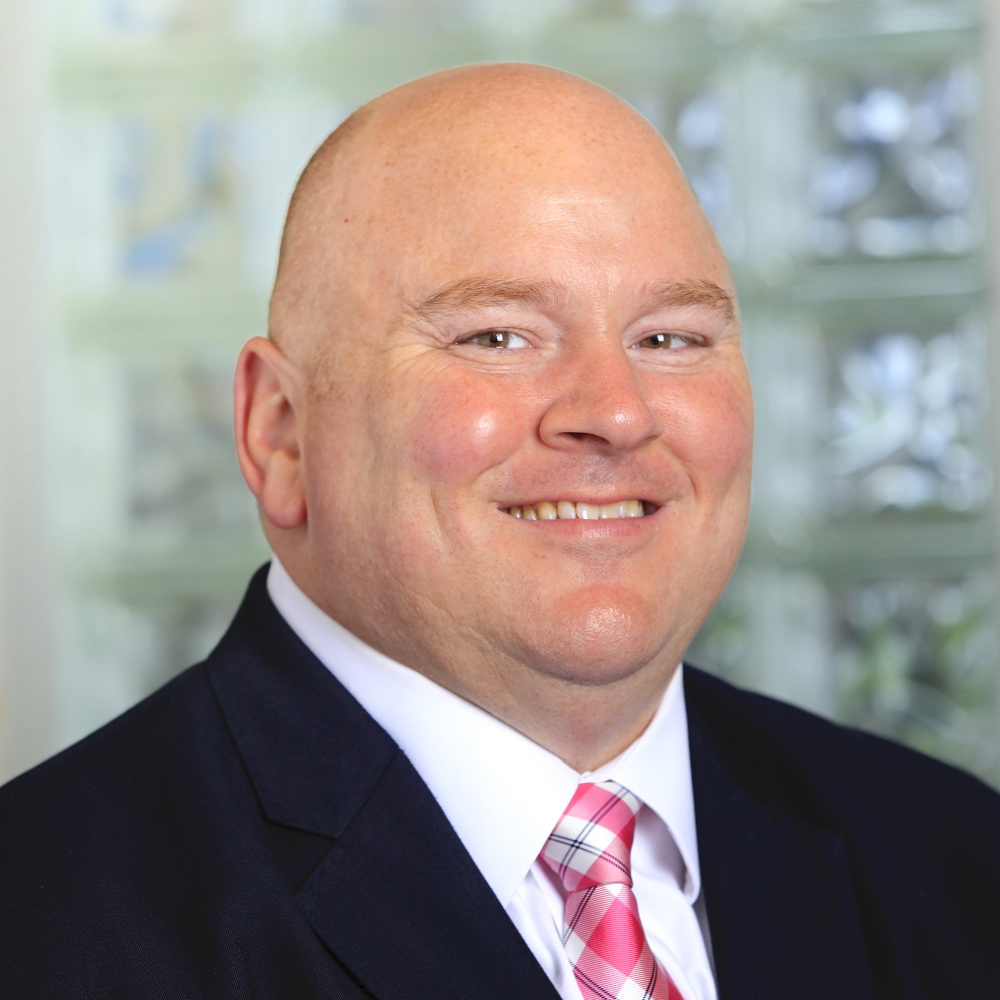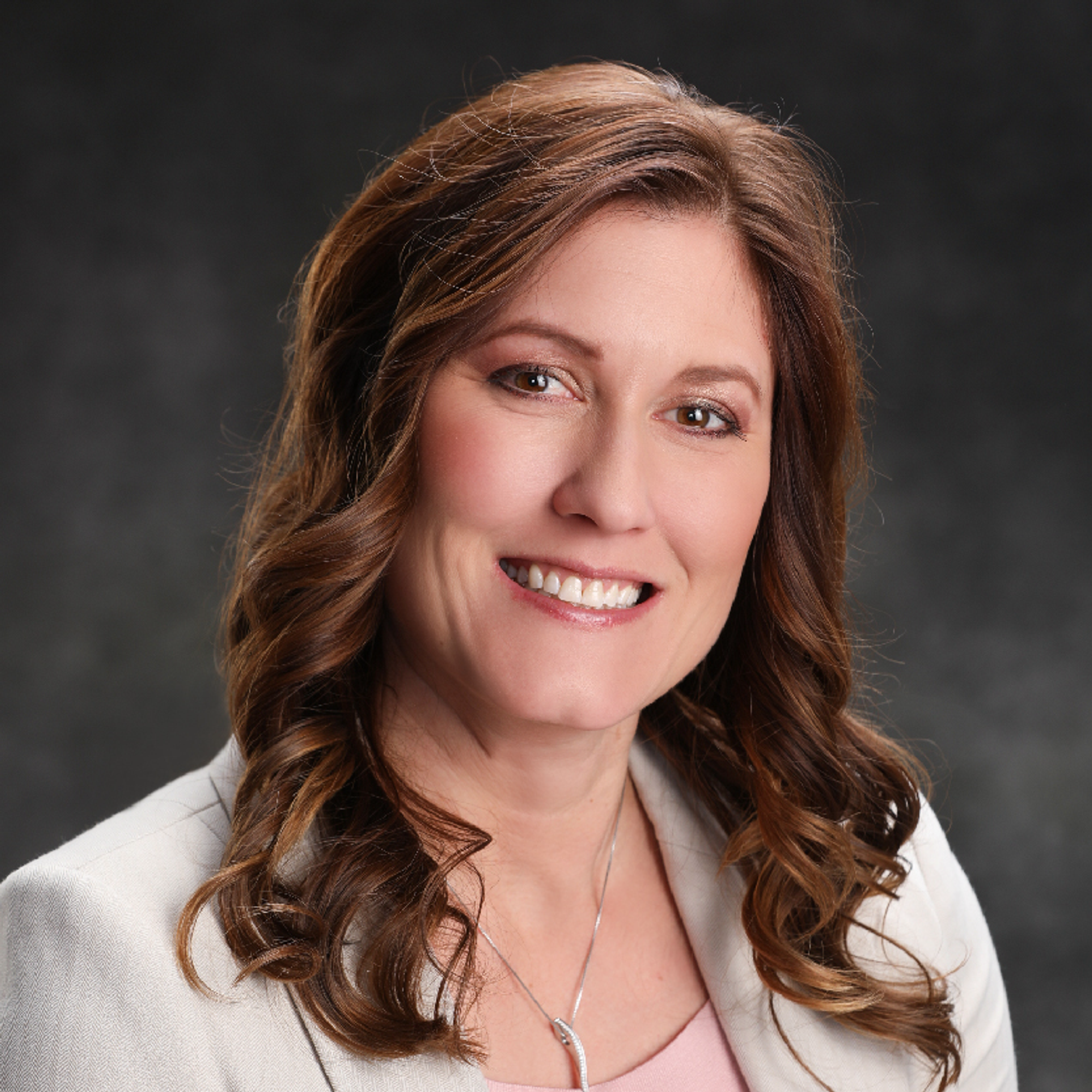Think of the word “wealth.” What image comes to mind? It might be skyscrapers in New York, the glitzy shopping districts of Los Angeles or a yacht floating off the shores of Miami Beach.
In other words, big cities.
However, for independent wealth management firms and the advisors they serve, rural America is teeming with savvy investors who have complex planning and investment issues to overcome.

“The biggest misperceptions about rural investors assume they are unsophisticated,” said Tarah Williams, President and Chief Operating Officer of Prospera Financial Services. “In fact, they often handle intricate financial matters tied to land, business and generational wealth.”
According to an Employee Benefits Research Institute (EBRI) report, rural individuals enjoy higher median net worths than urbanites across most income categories. They are also more likely to have assets tied up in a business and their homeownership rates are higher.
Still, the perception lingers in some circles that the need for financial advice within rural America is not as great or at the very least, the issues it deals with are less intricate.
Jamie Mackay, President and Chief Operating Officer of SFA Partners, disagrees.
“These investors often have complex financial needs that require specialized expertise, making the role of an independent advisor even more critical,” Mackay said. “In reality, wealth can take many forms, from traditional investment portfolios to real estate, agricultural assets and business equipment.”

As Mackay implied, rural individuals tend to have more of their wealth tied up in a business than others. Arguably, that could make estate planning services even more crucial, with advisors likely able to create efficiencies and help families avoid mistakes when transferring business ownership from one generation to the next.
Yet, because rural Americans can be so invested in their businesses, it presents a Catch-22: The individual stakes become higher if those businesses struggle or – worse – fail. Access to financial markets can provide a buffer.
“[R]ural individuals appear to be missing out on certain financial assets, which over the long term have provided much higher rates of return than many other investments,” Craig Copeland, the Director of Wealth Benefits Research at EBRI, noted when his team issued its report.
This presents an opening for firms and advisors with a presence in rural communities. Still, there are unescapable challenges, according to Williams, who said there is “a shortage of existing advisors and qualified support staff entering the workforce in those areas.”

Paige Christofferson, Chief Business Development Officer for Berthel Fisher, agreed there are roadblocks to building an advisory business in rural areas, saying that advisors in those communities often have to wear too many hats.
“The main challenge is that many of these advisors don’t have an assistant,” she said. “So they have to do their own admin work in addition to managing portfolios and running a business.”
She also said travel creates other burdens and inconveniences, noting that it’s harder for firm leaders to visit advisors in the field and vice versa. She questioned whether many rural-based advisors want to “take two flights to go see a broker-dealer’s home office.”
Succession is another problem. The industry is having trouble replacing retiring advisors in well-populated areas. The issue is even more acute in rural areas, where Christofferson says advisors have limited options to work with younger colleagues.

A ray of hope could be the exodus of people (and their wealth) from major cities to rural and other areas during the pandemic. A study from the Economic Innovation Group says IRS data showed taxable income in large urban counties fell by more than $68 billion between 2020 and 2021 from net migration alone.
It’s important to note, however, that more recent data suggest that some of those trends may be reversing themselves, with metro areas that experienced population declines during the pandemic now reporting gains.
However, even if migration patterns away the cities prove transitory, firms will continue to have a good opportunity to build on the work that many advisors are already doing in rural communities.
“Rural and small areas offer opportunities for high loyalty, low competition and strong community trust,” Williams said. “Rural advisors are established in their communities as subject matter experts, and they’re likely to get referrals from their neighbors. They are likely well-known in their communities, and their personal connections help with adding to their client base.”
Daryl Seaton, President of Sowell Management, echoed those thoughts, saying his location in Arkansas is a strategic advantage.
“Culturally, we sit at the intersection of a strong Midwestern work ethic and Southern hospitality – critical attributes in a business built upon personal relationships and results,” he said. “Our relationship with our community is an incredible asset we use in the recruitment – and retention – of the best and brightest in the business.”
Janeesa Hollingshead, Contributing Editor at Wealth Solutions Report, can be reached at editor@wealthsolutionsreport.com.














